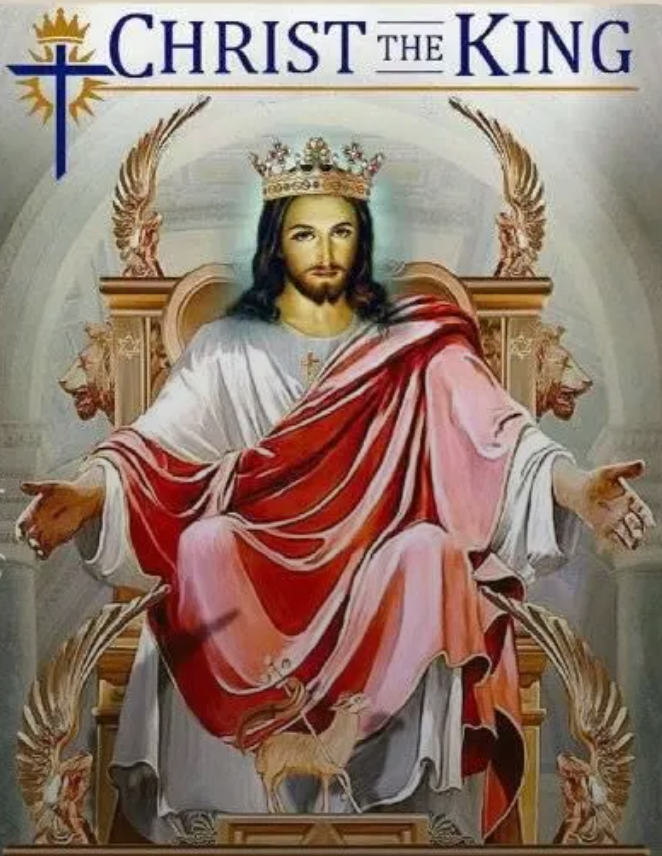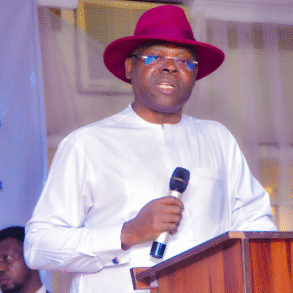As the Catholic Church concludes its liturgical year on November 23, millions of faithful around the world mark the Solemnity of Christ the King, a major feast that highlights the Christian belief in the universal kingship of Jesus Christ. Observed on the above date, before Advent, the celebration carries deep spiritual, moral, and social significance.
The feast was said to be instituted in 1925 by Pope Pius XI through the encyclical Quas Primas. At the time, Europe was grappling with rising nationalism, totalitarian ideologies, and a growing push to remove religious influence from public life. The Church responded with a message that remains relevant a century later: no earthly power or ideology can replace God.
Christians believe that Jesus Christ is a king, but not in the political or military sense commonly associated with the title. His kingship is described as one based on compassion, sacrifice, and service. The Gospel presents Christ’s throne as the Cross and His crown as thorns; symbols that redefine power through humility rather than domination.
Church leaders emphasize that Christ’s authority is rooted in truth and moral order, offering a vision of leadership very different from the struggles for control seen in the world today.
The message of Christ the King has gained renewed attention as societies confront increasing secularism, materialism, and political polarization. The celebration serves as a reminder to Catholics that faith, morality, and justice cannot be sidelined in public or private life.
It challenges believers to resist modern forms of idolatry whether political power, wealth, or ideology and to give primary allegiance to God’s values.
The feast also highlights the Christian belief that Christ’s kingship extends over all creation. It is not confined by national borders, cultural identities, or historical periods. Catholic teaching affirms that Christ reigns both in the present spiritual sense and in the future, when believers anticipate His return to establish a kingdom of justice and peace.
By placing this feast at the end of the liturgical calendar, the Church draws attention to the final destiny of humanity and the hope of a renewed world.
While the feast has deep theological meaning, its impact is practical as well. Catholics are encouraged to live as citizens of a kingdom characterized by service, honesty, compassion, and care for the vulnerable. Priests often highlight that honoring Christ as King means rejecting corruption, promoting peace, and standing for truth in daily life.
In an era marked by conflict and uncertainty, the celebration of Christ the King offers a message of hope. It affirms the belief that goodness eventually prevails and that moral leadership is possible.
As Catholics worldwide prepare to enter Advent, the feast serves as both a reminder of Christ’s presence in the world today and a promise of a future where justice and peace fully reign.








